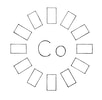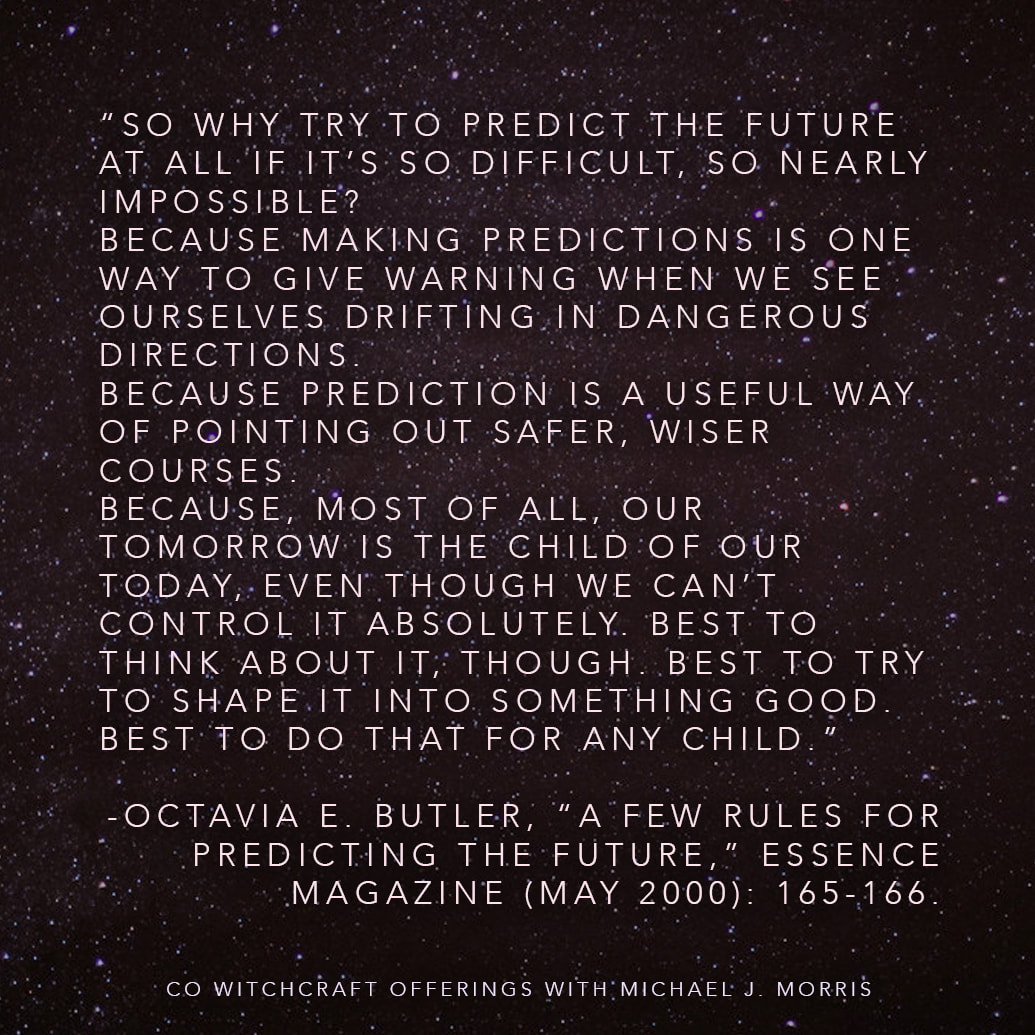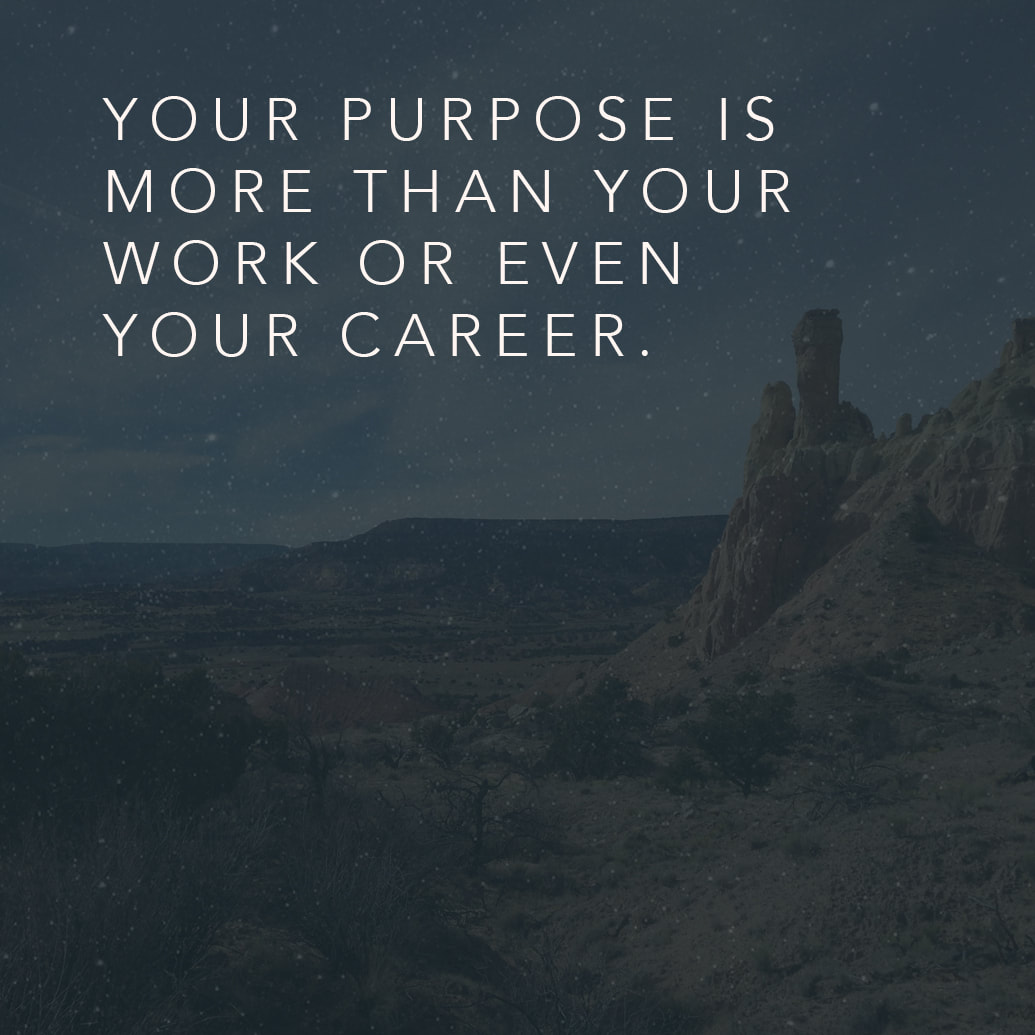|
“The past … is filled with repeating cycles of strength and weakness, wisdom and stupidity, empire and ashes. To study history is to study humanity. And to try to foretell the future without studying history is like trying to learn to read without bothering to learn the alphabet.”
“How many combinations of unintended consequences and human reactions to them does it take to detour us into a future that seems to defy any obvious trend? Not many. That’s why predicting the future accurately is so difficult.” “It’s also true that where we stand determines what we’re able to see.” “No matter how hard we try to foresee the future, there are always these surprises. The only safe prediction is that there always will be.” “So why try to predict the future at all if it’s so difficult, so nearly impossible? Because making predictions is one way to give warning when we see ourselves drifting in dangerous directions. Because prediction is a useful way of pointing out safer, wiser courses. Because, most of all, our tomorrow is the child of our today. Through thought and deed, we exert a great deal of influence over this child, even though we can’t control it absolutely. Best to think about it, though. Best to try to shape it into something good. Best to do that for any child.” -Octavia E. Butler, “A Few Rules for Predicting the Future,” Essence Magazine (May 2000): 165-166. Butler was writing about predicting the future as a science fiction author, but I take these insights seriously as an astrologer and tarot reader who spends much of my days casting my gaze toward the future. I share these words from Octavia E. Butler with all of us who are trying to imagine worlds to comes—including those of us engaged in divinatory practices.
0 Comments
Your purpose is more than your work or even your career.
Audre Lorde wrote, “I am who I am doing what I came to do.” Who are you—and what did you come here to do? I spend a lot of time talking about life’s purpose through the framework with astrology, in conversation with so many brilliant people doing so many remarkable things in the world. And often in these conversations there is a subtle or sometimes not-so-subtle tendency to immediately try to relate the idea of purpose back to the career or work. And for some people, their career or work may be integral to their life’s purpose. And I certainly hope that we all find ways to spend our days that feel meaningful and satisfying and yes, even purposeful, including in the work that we do. And also: Your purpose might be to love, deeply and passionately investing yourself in the well-being of others and yourself. Your purpose might be to grieve, to hold and process the immensity of loss that you encounter personally and collectively. Your purpose might be to build community, to connect with others who share your views and visions and values, to generate solidarity and meaningful relations across partial alignments. Your purpose might be to study, to learn, to be a reader of great thinkers and voices and artists, to become a living archive and site of synthesis for the wisdom that came before. Your purpose might be to tend the land, to care for the more-than-human relations within which human lives are woven, to honor the histories of place. Your purpose might be to heal—to do the work of healing within your own life, perhaps to support others in their healing, knowing that personal healing is never separate from collective liberation. Your purpose might be to make art that is not for sale—not because art is not a valid and valuable vocation or profession, but because maybe your reasons for making art exceed its potential market value. Your purpose might be to reclaim pleasure that has been taken from you or denied to people who have lived as you live, to celebrate the erotic, the depth and fullness of feeling of which you are capable. Your purpose might be to commune with the ancestors, to piece together broken genealogies, to tend relation of care across spacetimemattering, across the expanse of death and life. And so on. I think many of us are living in societies that have already conditioned us to believe that our work, our careers, what we are paid to do is or should be the most important thing. I want us to think about our purpose, who we are and what we are here to do, as bigger and perhaps even other than our careers. Again, I hope we all spend our days in meaningful ways, including in the work that we do. And I also hope that we can see all the ways that our purpose is bigger and other than that work. |
AuthorMichael J. Morris is a witch, an astrologer, a tarot reader, an artist, a writer, and a teacher. Categories
All
Archives
April 2024
|
- Home
- About
- Bookings
- Offerings
- Events
- Tutoring and Mentorship
-
Downloads
- Transits and Transgender Liberation
- Feminist Astrology and the Moon
- Feminist Astrology: Mars, Violence, and War
- Celestial Kinship
- Introduction to Ritual Workshop + Beltane Ritual
- Minor Asteroids in the Birth Chart and Ritual
- Astrology Guide for 2022
- The Atomic Age, Urgency, Danger, and Kinship: Astrology and Climate Collapse
- Asteroids in Astrology: Nuance, Subtlety, and Direction
- Tarot Workshop with Michael J. Morris
- Astrology as an Artistic Practice: As It Is Made, So It Makes
- Astrology Guide for 2021
- Celestial Corporeality: Astrology and the Body
- Astrology Consultations as Feminist Praxis
- Embodying Astrological Archetypes
- Resources
- Blog
- Testimonials
- Policies
- Gratitude
Copyright © 2020



 RSS Feed
RSS Feed